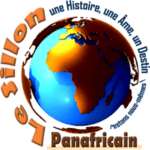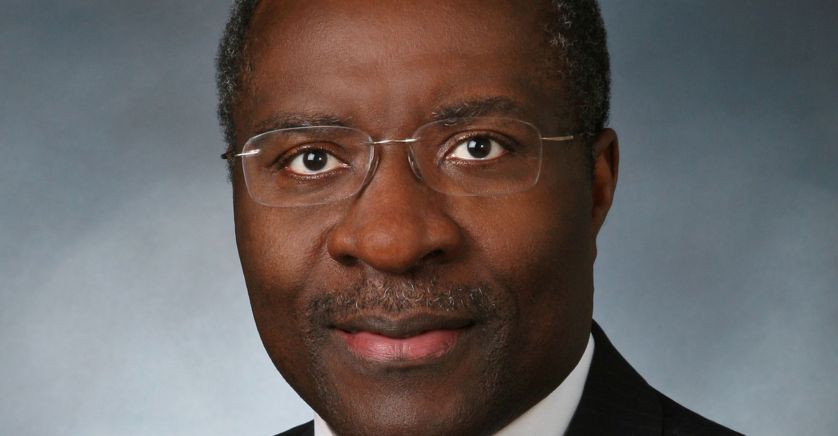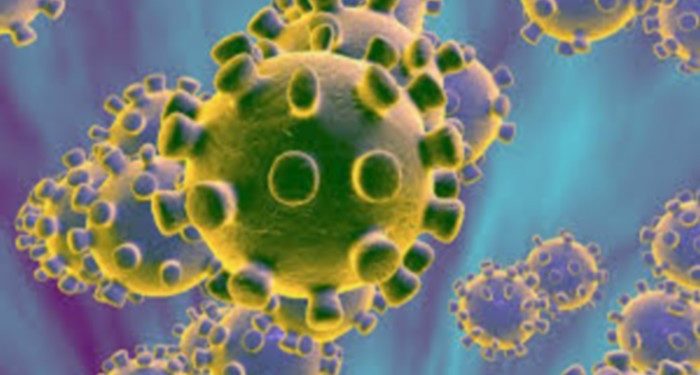The Coordinator of Community Initiatives for Sustainable Development, COMINSUD talks on his inspiration into humanitarian works and how his organization is coping with COVID-19 and the Cameroon Anglophone crisIs amidst a drop in funding for humanitarian activities.
What inspired you to get into humanitarian work?
Fon Nsoh: Well! For me and my colleagues who started the organization, it happened at real time. Happened at real time means we created the organization out of need and out of our own situation and reality. There are four things that prompted the creation of the oranisation; waste management in Bamenda, unemployment, thinking globally and acting locally and the need for more women in politics.
What worries you most about Covid-19 with regards to your work?
Fon Nsoh: One of the things I want to be thankful to God is that fact that Covid has not hit Africa as it was predicted because if that had happened, it would have been disastrous. It would have even been more disastrous when you combine Covid-19 plus the crisis in the North West and South West regions; so you would talk about a triple disaster. Covid-19 has reduced things but when you combine covid and the armed conflict, it has taken our development more than 25 years behind.
Any hope as far as Covid-19 is concerned?
Fon Nsoh: As far as Covid is concerned, we have hope. We have hope because humanity is a knowledge community so there is a lot of work that is going on. In terms of the scientific world and in terms of what I would call ethno-traditional medicines. People have to depend on their indigenous medicines and things that can keep them healthy. There are many people who survived because they simply used some of their traditional herbs and the like, it helps them. But it is also important to caution that people should not use some of the aspects to extort, exploit and to misdirect. If people feel sick and they should go to the hospital, they should go to the hospital. If people think that they can take some of their preventive drugs just to keep healthy, they should but when you feel that you have the symptoms, go to the hospital, get a test and you would be treated. When you look at the number of people that getb well, they far outweigh the number of people that die. Less than 500 people have died in Cameroon, more than 18000 people are infected in Cameroon so there is hope; very big hope.
There appears to be a drop in funding of humanitarian activities in Cameroon. What is your appeal to donors?
Fon Nsoh: Ill tell you two things. Humanitarian work is what they call relief, provides charity and alleviate people from immediate suffering and death that could have happened if humanitarian actions are not there. Humanitarian work is very challenging because it depends on money that they raise. The world is in big disaster now and there are too many areas that need humanitarian assistance. If you take for instance Lebanon with the explosion that happened in Beirut, you can imagine how much humanitarian need has to go in there. When you look at Syria that has been scattered, you csn imagine how much humanitarian aid that should go to those areas. And when countries also are faced with big challenges like Covid, it means that the basket for humanitarian work would drop.
But the effect of humanitarian work now would be about how you jump suffering people and you cannot do anything. For some, if I take the work that we do with UNFPA, UNFPA provides first and foremost psychosocial support but psychosocial support has to be accompanied with other packages. When those packages are not there like food aid, shelter and even support for childrens education, it becomes more traumatizing. Its even very traumatizing as you can find people who cant find work. We have a few positions that we advertised in the organization for employment. Weve received over 700 applications within one week. It tells you how much people are outside and they need jobs and they cannot have work. So when you combine humanitarian work in a community where rates of unemployment are already high and where funding for humanitarian work cannot even come by then it only deepens poverty and hardship.
In two years, your NGO clocks 25. What advice do you have for others in the aid sector?
Fon Nsoh: Ill raise one word of caution. It is easy to create an organization but it is not easy to sustain it. To create one, you have to look very well about the objective. Ive come across some very young people who dont have work but they want to create organization and who have to leave organisations for which they are working to create organistions. So one effect is weve had a multiplicity of weak organisations and we have failed to build strong organisations. Ten knowledgeable people form one strong organization but ten knowledgeable people with ten organisations form very weak organisations.
Interviewed by Wifah Jennyhans




